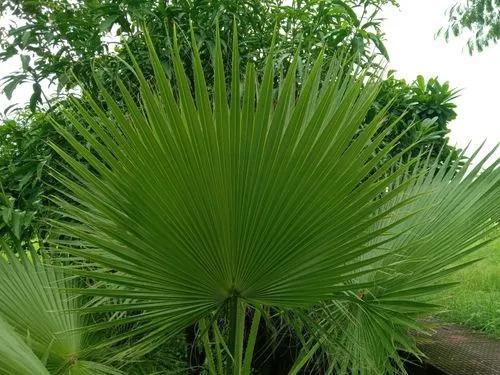Quercus faginea, the Portuguese oak or Valencian oak, is a species of oak native to the western Mediterranean region in the Iberian Peninsula and the Balearic Islands. The wood has been used traditionally as firewood and as timber for construction.
Honeydew Oak Care
Quercus faginea



Quercus faginea is a medium-sized deciduous or semi-evergreen tree growing to 20 m tall, with a trunk up to 80 cm in diameter, with grey-brown bark. The tree can live as long as 600 years. The leaves are 4–10 cm long and 1.2–4.0 cm broad (rarely to 15 cm long and 5 cm broad), glossy dark green to grey-green above, and variably felted grey-white below; the margins have five to 12 pairs of irregular teeth. Leaf fall is typically in mid- to late winter. The flowers are catkins, produced between March and April, almost always before holm oak, which grows in similar areas. The acorns are oblong-ovoid, 2.0–2.5 cm long, maturing in 6 months to disperse in September or October.
How to Care for the Plant

Water

These trees enjoy a natural change of seasons, with dry summers and moist winters. As long as you experience winter rainfall, you don't need to water oak trees in winter. To make up for a dry winter, you can give oak trees a thorough soaking in the spring. It's also safe to water them once or twice during dry summers. These infrequent waterings should consist of gradual releases of water all day, to thoroughly soak the soil without making it waterlogged. You should never water oak trees more than once a month.

Fertilizer

Young trees need fertilizer to grow, while mature oaks need fertilizer to maintain health. You should fertilize in the spring, late summer or autumn, when rainfall will help wash the nutrients through the soil to reach all parts of the root system. Though you can apply a balanced fertilizer with nitrogen, phosphorus and potassium, it's also safe to fertilize with a nitrogen-based fertilizer.

Sunlight

Oak trees prefer full sun.

Soil

Oak trees will thrive in a variety of soils provided they are well-draining.

Temperature

This tree can be grown in the areas with the lowest temperatures between 0°F and 10°F or -17.8°C and -12.2°C.

Popularity

129 people already have this plant 14 people have added this plant to their wishlists
Discover more plants with the list below
Popular articles






